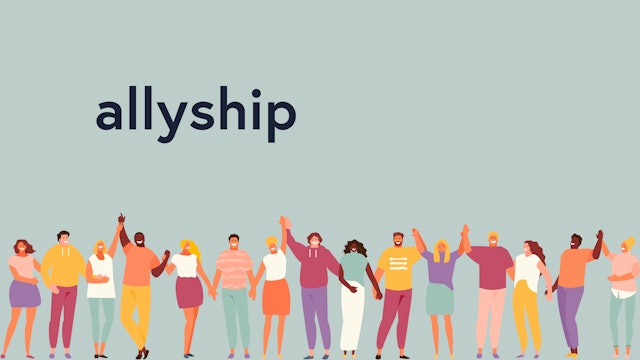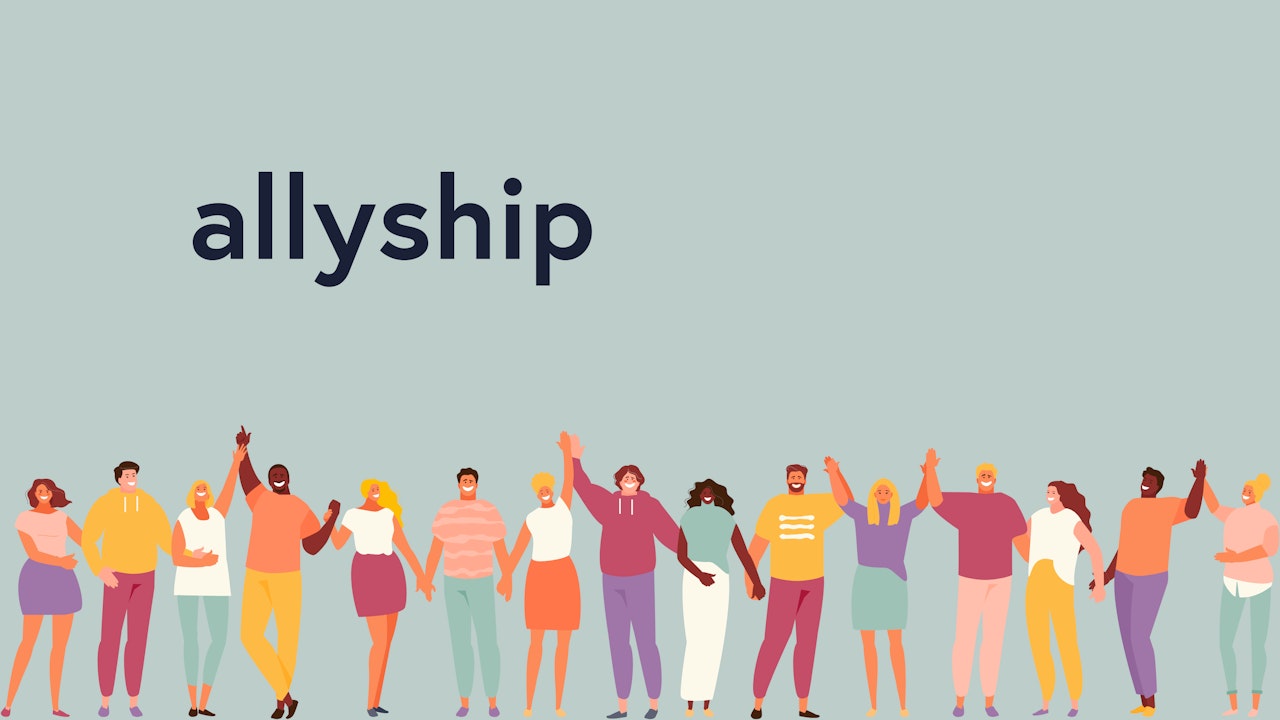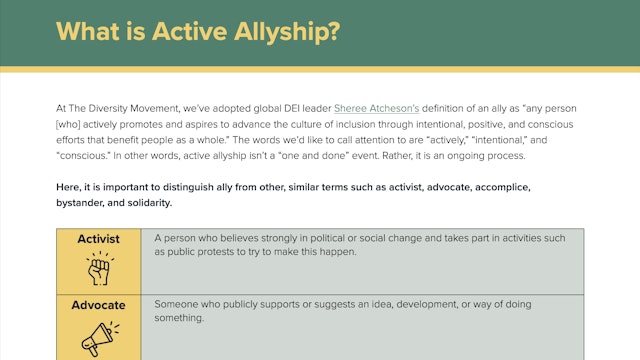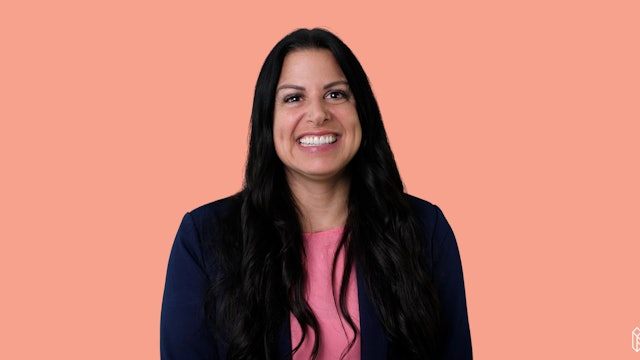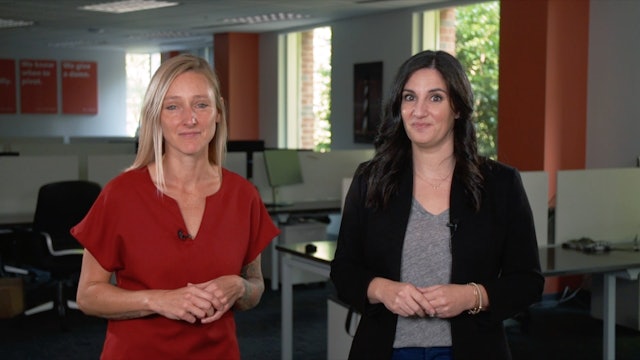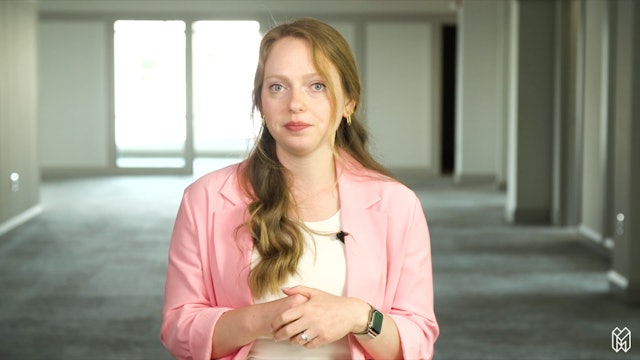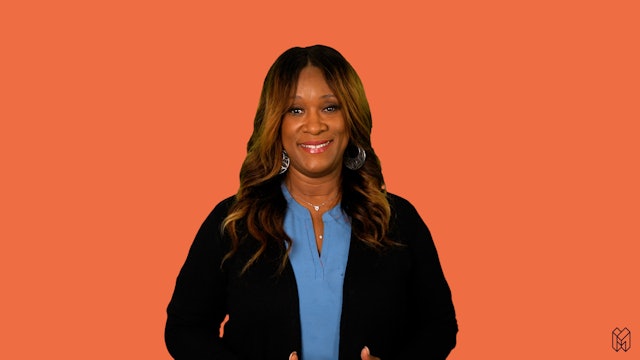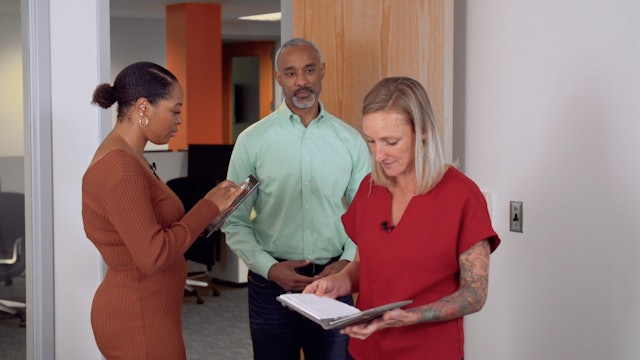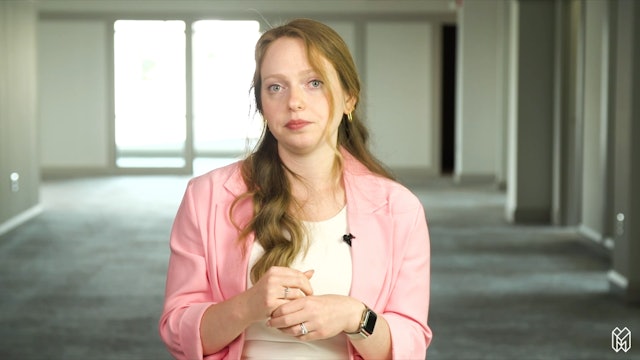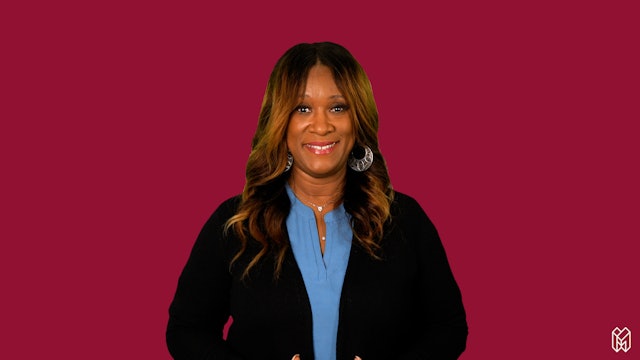-
Approaching Tough Conversations as an Ally
Benefit from this thoughtful analysis of how to handle challenging conversations on sensitive or personal topics. Learn how to approach difficult discussions as an empathic ally and how self-education can help you to minimize unnecessary and uncomfortable questioning of others.
-
How to Practice Active Inclusion
Recognize your role as a DEI champion to practice and promote inclusion in tangible ways on a daily basis. Learn the action steps to take and the questions to ask yourself to ensure you stay on track as a DEI leader, practitioner, and advocate.
-
How Can You Support Colleagues with Invisible Illnesses?
Increase your awareness of the invisible illnesses that affect more than 1 in 4 American adults. Get helpful tips for supporting and accommodating coworkers with chronic and/or recurrent conditions, challenging your assumptions, and interacting with empathy.
-
How Can I Be a Transgender Ally?
Take a reality check on violence against transgender people in the U.S., particularly Black transgender women. Learn how you can be a supportive transgender ally by using inclusive language, avoiding microaggressions, and educating yourself about the transgender experience.
-
Why You Should Honor Your Employees' Gender Pronouns
Consider that the pronouns people choose for themselves are as personal and unique to them as their names, and it’s easy to understand why it’s important to use your employees’ chosen gender pronouns in all communications. Learn to share your own gender pronouns in ways that empower you and others.
-
I Accidentally Misspoke; Now What?
Understand what to do during the awkward moment when you unintentionally offend a colleague or friend. Learn how to make it right and move on quickly.
-
3 DEI Lessons From Children
By taking a look at the behavior of children, adults can learn valuable lessons for practicing the principles of DEI in our daily interactions. Take inspiration from the way kids bravely reach out, ask questions, listen, and find empathy to enhance your own connections with others.
-
How Do I Make My Organization More Inclusive to Transgender People?
Get knowledgeable advice about steps you and your organization should take to ensure that your policies and practices are nondiscriminatory, inclusive, and supportive of transgender and gender nonconforming people. Learn to create a safe, stress-free work environment for employees in transition.
-
What to Say When a Coworker Tells You They’re Transgender
What should you say when a coworker tells you they’re transgender? Here is a sample role play conversation that will help you learn to be a good listener, trustworthy confidante, and supportive ally. Learn how to avoid one common pitfall.
-
How Can I Be An Ally?
Get clear on what’s meant by “allyship” and how standing with and for marginalized communities is a powerful way to make a positive difference. Discover the three essential steps you can take to become a valuable and effective ally.
-
LGBTQ+ Allyship in the Classroom
Increase your know-how and get inspired by these tips for helping young people feel seen, safe, and heard throughout their school-age years. Learn how to effectively model and advocate for diversity and inclusion in schools and at home.
-
How Do I Respond to a Microaggression?
Learn what a microaggression is and how to use microinterruptions to interrupt microaggressions either as the person experiencing the microaggression or as an ally.
-
How to Support Your Friend's and Family's Mental Health
Here’s an insightful list of five tips that can help you to provide helpful support to a family member or close friend with a mental health diagnosis. Confirm why it’s essential to take care of yourself first before you can be of help to others.
-
What is Calling Someone In Versus Calling Someone Out?
Calling in and calling out are both effective tools in different scenarios. Learn what each one is and when it is best used.
-
What is Ableism and How to Avoid It?
Clarify your understanding of the term “ableism” and learn to recognize the many forms this type of discrimination takes. Get up-to-date guidance on how to communicate about disability using language that puts people first and steers clear of unconscious biases and intrusive questions.
-
Am I Allowed to Ask Someone If They Have a Medical Condition?
If you’re not in Human Resources, it can be difficult to know what you can and can’t ask about medical conditions and disabilities. After all, disability is a legally-protected class under Equal Employment Opportunity. This video teaches you how to approach medical conversations with coworkers as...
-
How Can I Support the Only Woman on My Team?
Women still face pay inequity, covert discrimination, and unconscious bias. Learn actionable steps to be more inclusive and support your women colleagues as an ally. And remember, these are great tips to follow if you have one woman teammate or a hundred.
-
How to Act as an Ally When a Coworker Comes Out
What’s the best way to be an effective ally when a colleague comes out to you at work? Here’s a sample role play conversation that will help you learn to be respectful and supportive. Feel comfortable and authentic in the moment by practicing ahead of time.
-
How Can I Support a Transitioning Coworker?
Learn how to support a coworker as they undergo a gender identity transition, common mistakes to avoid, and why there’s no one-size-fits-all answer for supporting transgender colleagues.
-
How Do We Communicate the Need to Address DEI Issues at Appropriate Times?
Learn how to respond when someone asks why a certain diversity group is being prioritized over another.
-
5 Steps to Be An Ally Against Ageism
To combat ageism and become an effective ally to your coworkers of all ages, review and adopt these five straightforward practices. Understand the importance of listening, self-education, speaking up, addressing unconscious bias, and advocating for others to ending age-based bias.
-
How Do I Ensure My Peers Have Equal Access?
Equal access means everyone has the ability to seek fulfilling, positive work and advance through the workplace. Learn how to advocate for your coworkers and peers when you notice someone is being silenced, marginalized, or ignored. By advocating for your teammate, you’re doing what’s best for th...
-
How Inauthentic Marketing During Pride Month Damages the LGBTQ+ Community
Inauthentic marketing during Pride Month gives the appearance of support for the LGBTQ+ community without being backed up by any true actions. Learn why performative allyship causes harm and how you can contribute to meaningful change as an organization.

